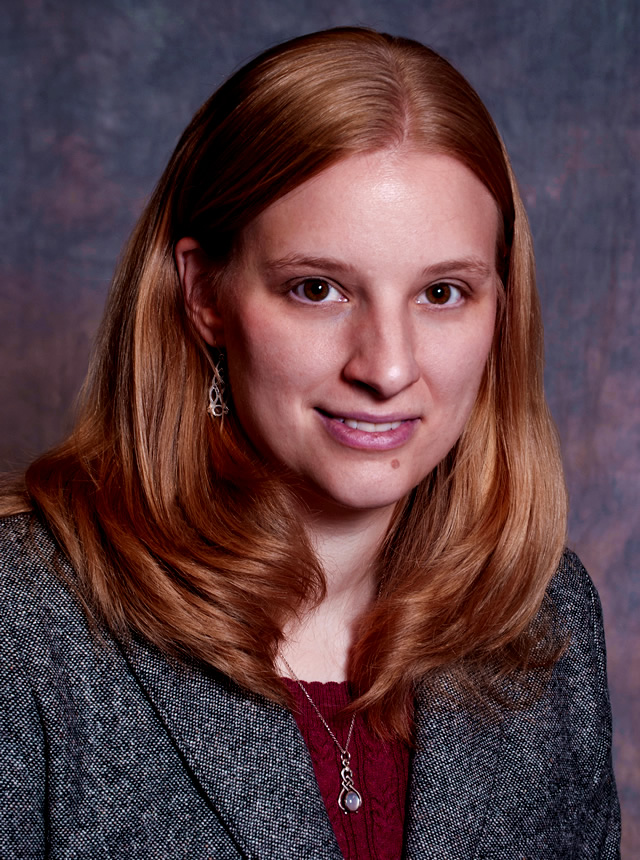
PHILADELPHIA (January 17, 2019) — Elizabeth Handorf, PhD, assistant professor in the Biostatistics and Bioinformatics Facility at Fox Chase Cancer Center, has developed a new method that makes analysis of data collected online more reliable by eliminating repeat responders. Her paper appears in the open access journal PLoS ONE.
This work was motivated by enrollment quality issues that arose during a web-based study that was designed to change behaviors associated with risk of developing skin cancer. That research team developed the first web-based intervention to modify skin cancer risk and protective behaviors targeted specifically for young adults ages 18-25. Although the study was deemed effective in influencing young adults to modify their behavior to reduce the risk of skin cancer, there were challenges with the study sample caused by individuals attempting to enroll in the study multiple times.
“Online surveys are valuable for social science research, but the perceived anonymity provided by the format may lead to problematic behaviors from participants, particularly if a study offers incentives,” Handorf said.
Her method identifies clusters of non-independent enrollments that otherwise the administrators of a study could not detect. When these low quality participants are omitted from a study, its efficacy can be measured with greater accuracy.
“As much as is possible, web-based surveys should be designed to verify participant quality,” Handorf said.
This work was funded by the following grants from the National Institutes of Health: R01CA154928, T32CA009035, and P30CA006927.